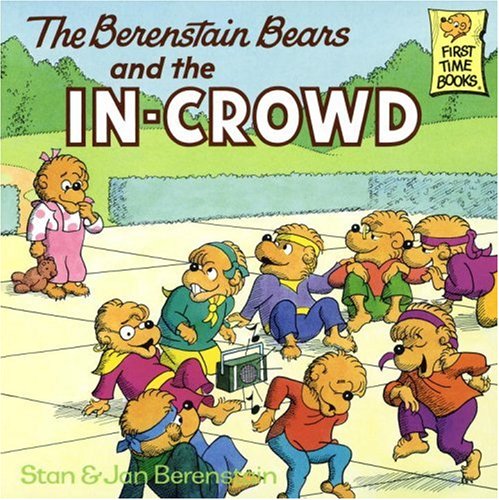
How much do our quick decisions and snap judgments rest on our implicit, innate bias? I have often wondered about how our ancestral groupings, to use Dunbar's Number of no more than 150 people among whom we can establish trust and form bonds, wired into our brain capacity, works in out post-prehistoric cosmopolis. Two NYU psychologists published their summary of an apt experiment.
This finding — that people are reflexively prone to “intergroup bias” in punishment — is consistent with what many scientists believe about humans’ evolutionary heritage. Homo sapiens spent thousands of years in close-knit communities competing for scarce resources on the African savanna. Members of the in-group were presumably sources of help, comfort and cooperation; members of opposing groups, by contrast, were sources of threat and violence. As a result, the tendency to instinctively treat in-group members with care and foreigners with caution may be etched into our DNA.A short entry today. But as I've been mulling over the pull of the tribal and the push of the social, this merits archiving on this blog. Living in one of the most polyglot cities in the world, in a situation few since maybe the few million in ancient Rome have encountered, I wonder about the pressures exerted. Diversity and multiculturalism are taught and seen in the couples and children around me. But the force of the familiar, as in the perpetuation of the old country and the mother tongue, also dominates the local scene, and it does not fade as immigration sustains the counter-assimilation tide.
Our finding sheds some light on the nature of implicit racial bias. Because people frequently form group memberships on the basis of race, the same biases that emerge along group lines may underlie many instances of racial discrimination. This human tendency is almost certainly inflamed when different racial groups are exposed to racial stereotyping and institutional discrimination, but it may start with common instincts driven by the pressures of evolution.
We need not resign ourselves to a future of tribalism. On the contrary, our research suggests that people have the capacity to override their worst instincts — if they are able to reflect on their decision making as opposed to acting on their first impulse. These insights, for example, could inform the types of implicit bias training programs that the Department of Justice is now requiring for nearly 30,000 prosecutors and law enforcement officers.
Acknowledging the truth about ourselves — that we see and think about the world through the lens of group affiliations — is the first step to making things better.
Sorry if you expected me to review this Berenstain Bears title. I can guess the plot, however. There's sure a lot of headbands sported on that playground. It's encouraging to see two bespectacled hip-cubs.






















No comments:
Post a Comment